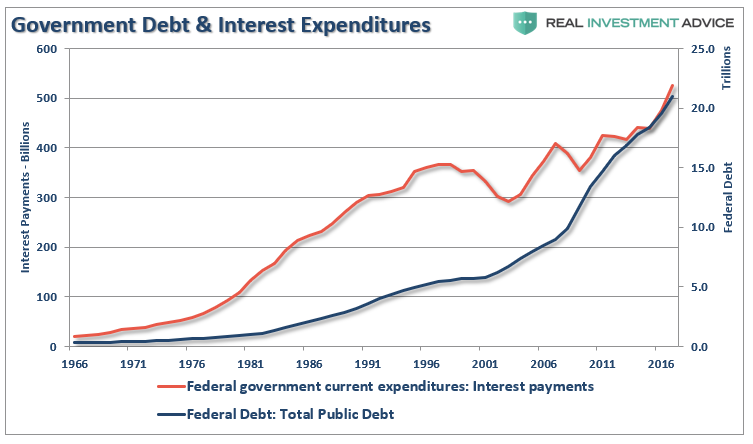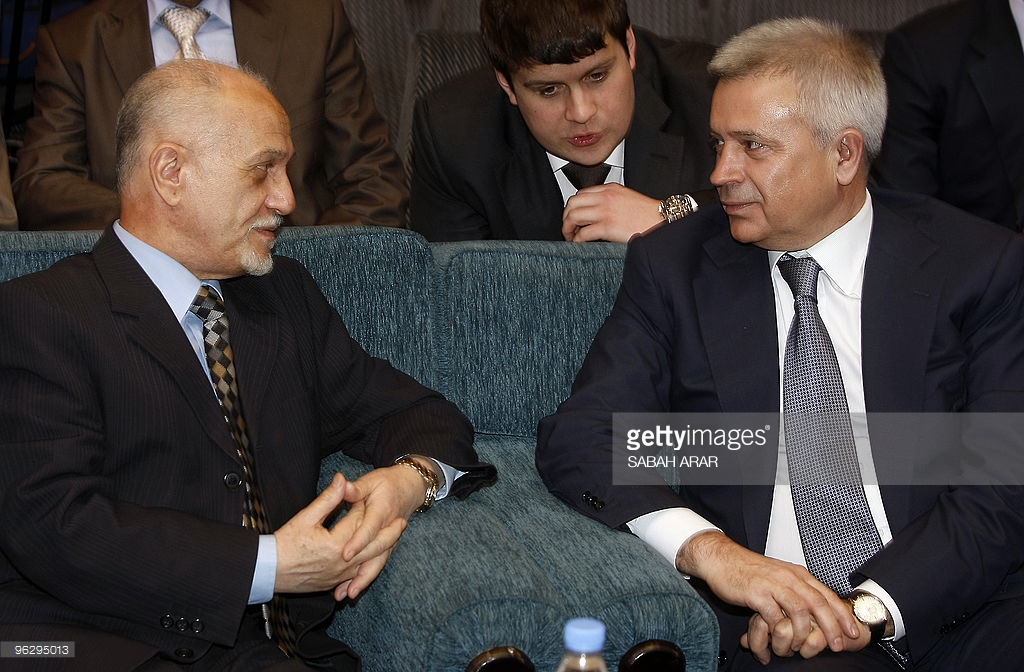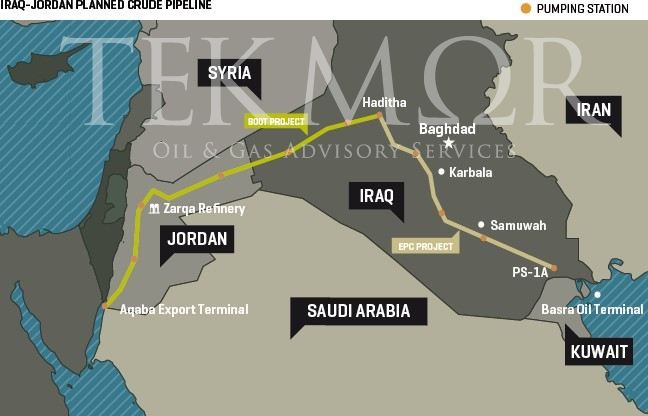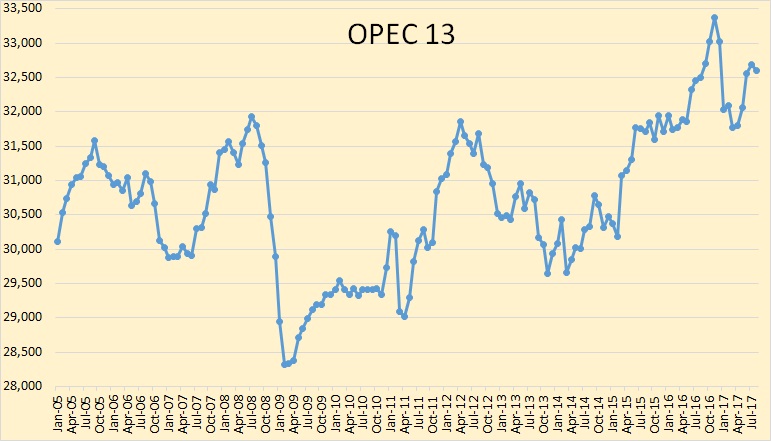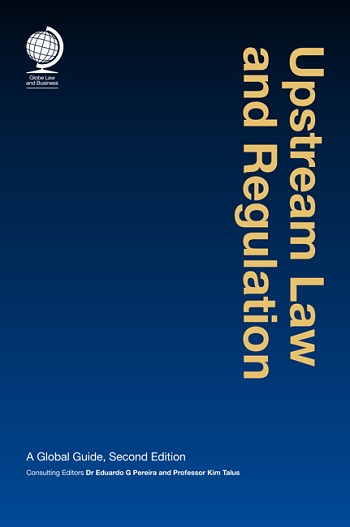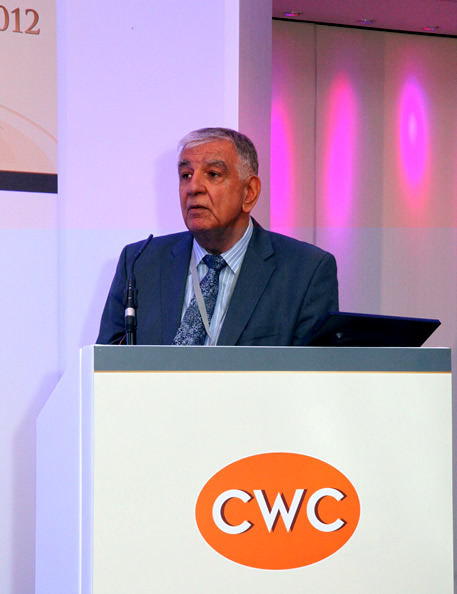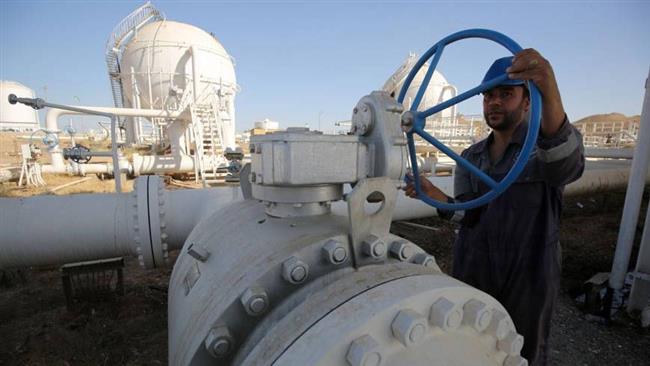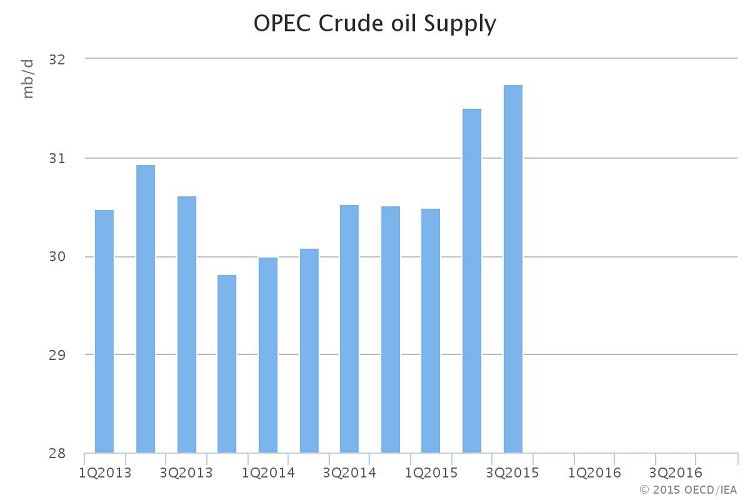By Ahmed Mousa Jiyad.
Any opinions expressed are those of the authors, and do not necessarily reflect the views of Iraq Business News.
The following is an abridged version of the Iraq chapter of Upstream Law and Regulation: A Global Guide, published by Globe Law and Business, which summarises the upstream regulation and the key concerns in over 30 important and emerging oil and gas jurisdictions.
Globe Law and Business offers IBN readers a 20% discount off the normal price. Please enter the code “IBNGLB” on the website checkout page to receive the discount.
Introduction
Iraq’s upstream petroleum sector witnessed three unprecedented interrelated developments post-2003: an opening to foreign direct investment; the offering of the most prized petroleum fields in a rather short period of time; and formulation of the basic model for long-term service contracts.
In the previous edition of this chapter I argued that if things go as planned and contracted, Iraq might become a major contributor to the world petroleum market; a magnet for foreign investment through the involvement of international oil companies, specialised service companies and other related activities; and could introduce a new but significant element in the legal and governing framework, with possible wide and lasting implications for the relationship between host developing countries and international oil companies. However, reality seldom coincides with expectations; and this is exactly the case at the end of April 2017.
This chapter discusses the long-term service contracts for upstream petroleum development in Iraq. Due to the need to limit the extent of the analysis, the corresponding matters in the Kurdish region of the country are excluded, though a few references to the region are made. The analysis is based on the model contracts and, for verification purposes scanned copies of the signed contracts were consulted.
However, because of non-disclosure commitment, no formal references will be made to any signed copies of these contracts. Also this chapter does not address matters relating to subcontracting, or to contracts for front-end engineering and design, engineering, procurement and construction or other types of contract. Finally, limitations of space has prevented the use of data, statistics, annexes, maps and charts that are available on matters covered by this chapter.
Part 2 provides an updated review of petroleum upstream activities in Iraq with regard to exploration, development and production. Because of the importance of exports, a few paragraphs are also included on the expansion and diversification of export outlets.
The complexities, components and interconnections of the petroleum legal regime are addressed in part 3. This part elaborates on three major issues: petroleum law and relevant provisions, government take and payment to and privileges of international oil companies.
Part 4 sheds lights on the main features of and new development in Iraq’s long-term service contracts. Further insight is provided in Part 5 on critical current issues: the legality of concluded contracts, the situation of international oil companies who concluded contracts with the Kurdistan regional government, the reduction of production plateau targets and the renegotiation of contracts and the current status of IOCs’ involvement. The chapter ends with a few conclusions.
:
Conclusions
- The fiscal terms of the signed service contracts indicate Iraq has, undoubtedly, made good deals, though cost recovery modalities proved to be hard to cope with under a low oil price environment. Moreover, if cost control is not properly monitored and professionally audited, costs could escalate to unprecedented levels. Accordingly there is an urgent need to bridge gaps in skills and capacity through a number of measures comprising specific crash-course programmes, short-term training, professional development and specialised capacity-development education. It is vital to create a special unit within the Ministry of Oil to ensure good management of the Training, Technology and Scholarship Fund in collaboration with other entities within the sector and outside it.
- Considering the importance of upstream petroleum and the number and long duration of the service contracts, it would be advisable to formulate a national strategy pertaining to local content. The suggested strategy could involve creating a specialised agency with a clear mandate, auditing, monitoring and verification procedures, and institutional and legal frameworks.
- All international oil companies who signed the service contracts asserted, initially, a satisfactory internal rate of return despite what they considered to be tight fiscal terms. But the wide deviation between the bid and final remuneration fees would lead one to question the validity of the companies’ economic model and its main assumptions. Such unexplained but significant deviations could make one suspicious of the companies’ integrity and conduct.
- The prolongation of the contract period coupled with reduced plateau targets had in fact relived the IOCS from what was contracted and thus reduced the fiscal and work requirements. Moreover, the above has come with an increase in the IOCs share in the remuneration fees at the expense of the Iraqi state partners.
- Finally, the degree of uncertainty surrounding the legality of all the long-term service contracts agreed by the Ministry of Oil and all the production sharing contracts agreed by the Kurdistan Regional Government, remains technically high.
Mr Jiyad is an independent development consultant, scholar and Associate with the former Centre for Global Energy Studies (CGES), London. He was formerly a senior economist with the Iraq National Oil Company and Iraq’s Ministry of Oil, Chief Expert for the Council of Ministers, Director at the Ministry of Trade, and International Specialist with UN organizations in Uganda, Sudan and Jordan. He is now based in Norway (Email: mou-jiya(at)online.no, Skype ID: Ahmed Mousa Jiyad). Read more of Mr Jiyad’s biography here.

